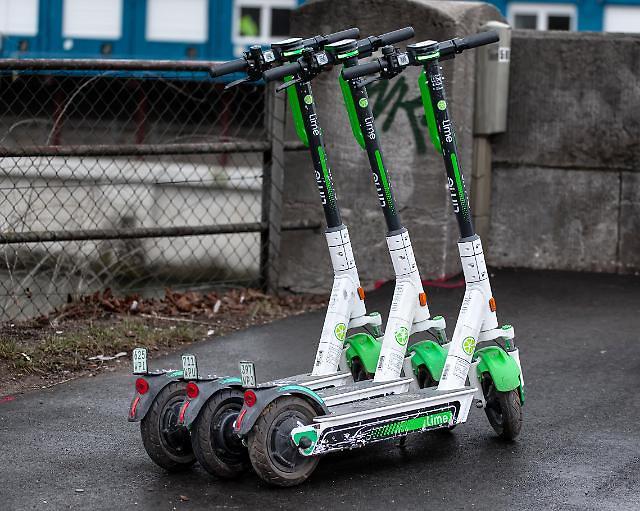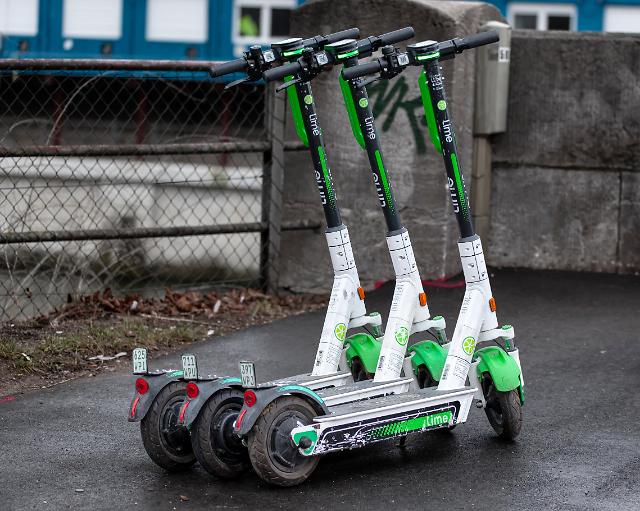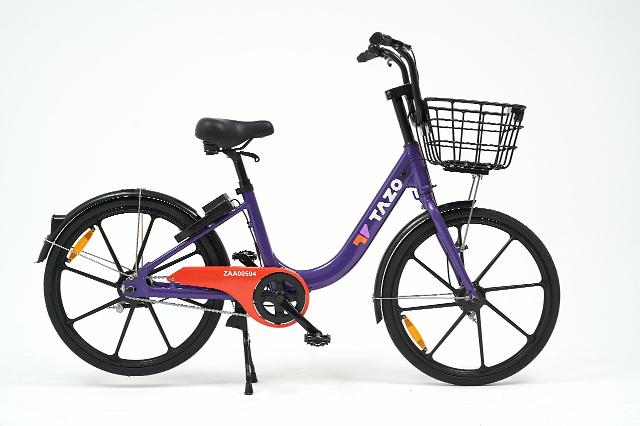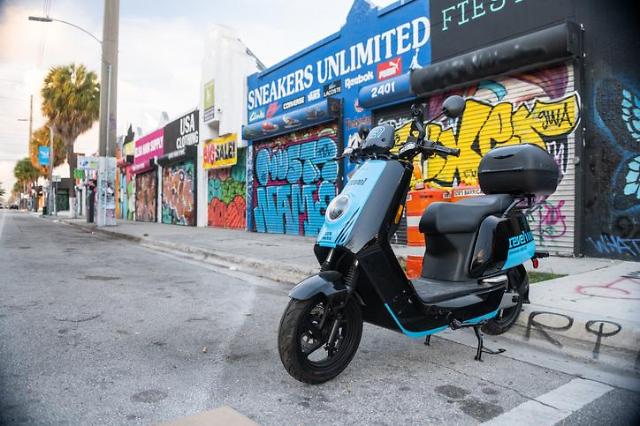
[Gettyimages Bank]
Personal mobility-sharing services have become popular in Seoul and other South Korean cities during the last five years. For a small fee, users can use electric scooters or bicycles to get to other places that would take a long time on foot. There are some 90,000 mobility service electric scooters being used across the country as of October 2022.
However, because scooters and bicycles can be used by just about anyone through smartphone apps, the rate of accidents is high, especially among teenagers and those in their 20s. According to a transport lab operated by Hyundai Marine & Fire Insurance, more than 400 accident personal mobility vehicle accidents were reported in 2021. The number of accidents is increasing at an annual growth rate of more than 50 percent.
KT said that the company signed a cooperation agreement with semiconductor component maker Microworks and personal mobility service operator Gbike to develop and demonstrate personal mobility vehicles in the southern resort city of Jeju starting in January 2023. The new smart vehicles will be installed with two cameras and an advanced driver assistant system (ADAS) so that they can decorate when obstacles or other moving objects such as pedestrians or cars are detected.
Personal mobility vehicles in urban areas also pose a threat to pedestrians when their scooters are strewn across footpaths after being used. Currently, many personal mobility services operate trucks to pick up scooters from places where service users have left.
The scooter using AI and internet of things technology (IoT) can also let its control tower know of its whereabouts through KT's mobile data network. Microworks will establish a control tower platform while Gbike will develop smart mobility vehicles.
"We will continue to cooperate with other companies with core technologies so that the innovative technological ecology of future mobility can enter a virtuous cycle," Gbike CEO Kim Sung-ha said in a statement on December 18.




